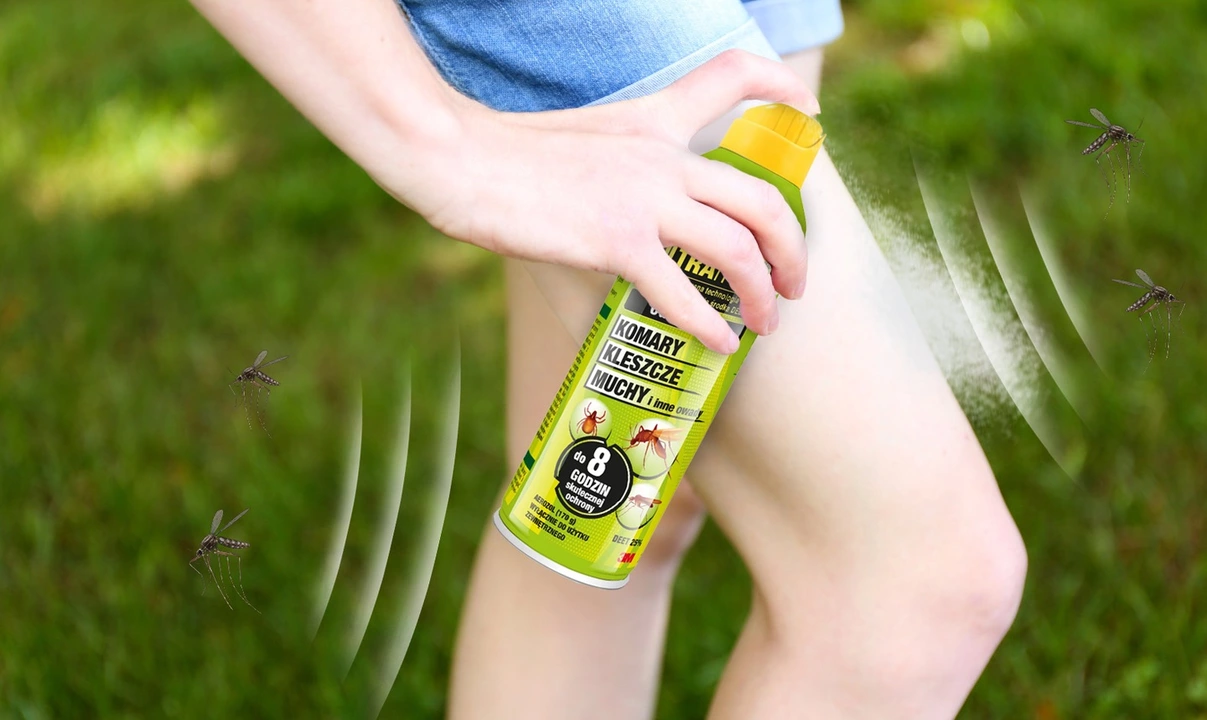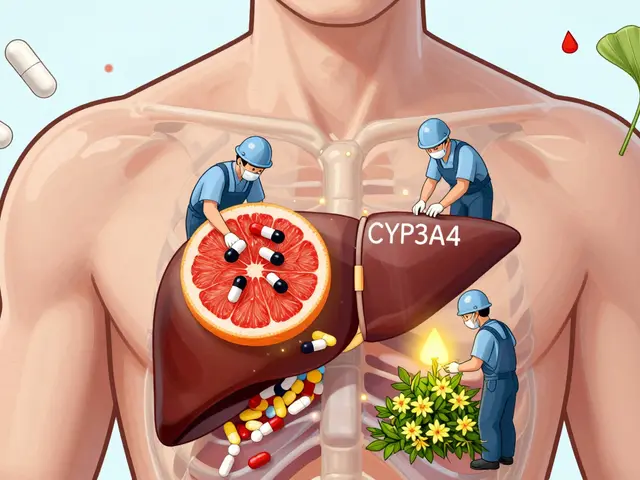Betamethasone: What It Does and How to Use It Safely
Betamethasone is a potent corticosteroid used for inflamed skin conditions, some allergic reactions, and in specific systemic situations under medical care. You’ll find it as creams and ointments for eczema or psoriasis, and as injections or tablets in hospital settings. It works fast to reduce redness, itching, and swelling, but that power comes with risks if you use the wrong strength, amount, or duration.
How to use betamethasone safely
Use the lowest strength that controls symptoms and for the shortest time possible. Apply a thin layer to the affected area once or twice daily, as your doctor or the leaflet says. Avoid applying to the face, groin, or armpits unless the product is specifically formulated for those areas—skin there is thinner and gets damaged faster.
Don’t cover treated skin with tight dressings or plastic unless instructed; occlusion increases absorption and raises the chance of side effects. For children, stick to short courses and low-potency options—kids absorb more through the skin and are at higher risk of systemic effects.
If you’re using injected or oral betamethasone, follow tapering instructions carefully when the course is longer than a week. Suddenly stopping systemic steroids can cause adrenal insufficiency—symptoms include weakness, dizziness, and nausea. Always check with your prescriber before changing doses.
Side effects, warning signs, and alternatives
Topical side effects often show up first: skin thinning, stretch marks, visible small blood vessels, and lighter skin patches. If the rash gets worse, becomes painful, or shows pus, you might have an infection—stop the steroid and see your doctor. Systemic side effects (weight gain, mood swings, high blood sugar) can occur with long-term or high-dose use.
Worried about long-term steroid use? There are steroid-sparing options. For skin problems, calcineurin inhibitors (tacrolimus, pimecrolimus) and PDE4 inhibitors (like crisaborole) are non-steroidal choices. Basic but powerful measures—regular moisturizers, avoiding triggers, and treating infections—also reduce how much steroid you need.
Pregnancy and breastfeeding: small topical doses are usually low risk, but systemic use should be guided by your obstetrician. For pregnant people at risk of preterm delivery, betamethasone injections are sometimes given to help the baby’s lungs develop—this is done only in hospital settings.
Bottom line: betamethasone is very effective when used correctly. Use the right strength, limit duration, watch for skin damage, and ask your clinician about alternatives if you need frequent treatment. If anything looks or feels wrong, get medical advice rather than increasing or repeating treatment on your own.


